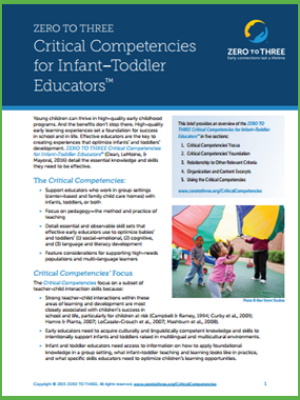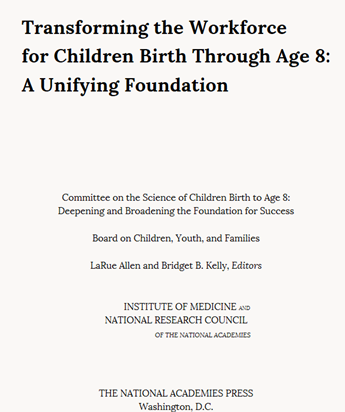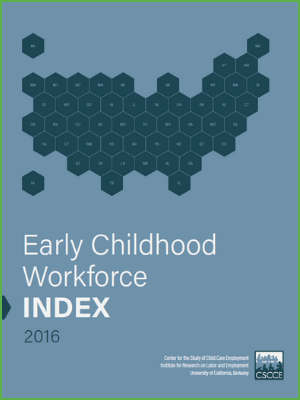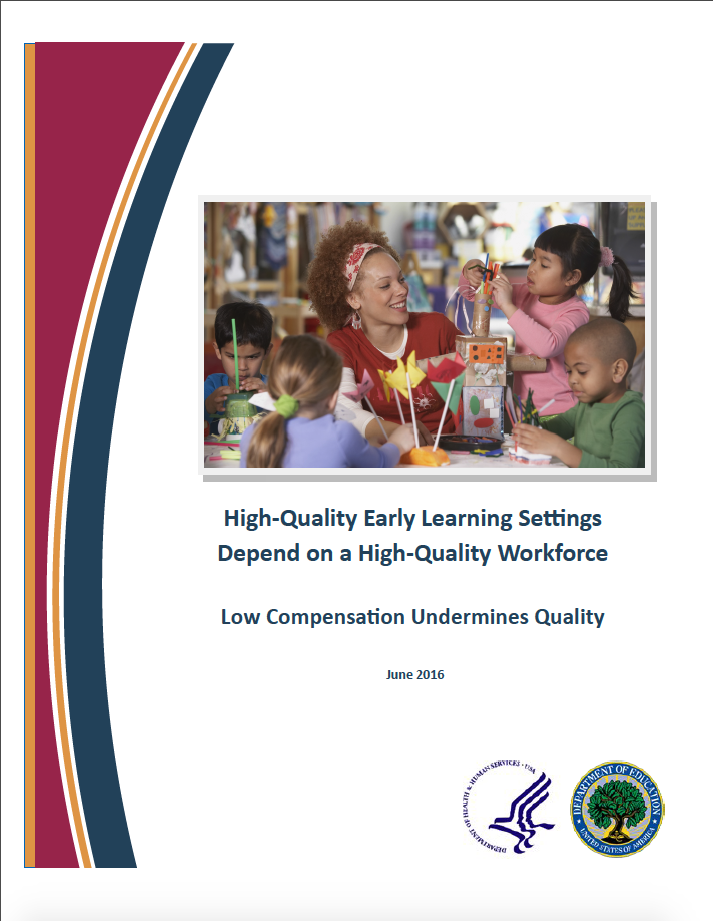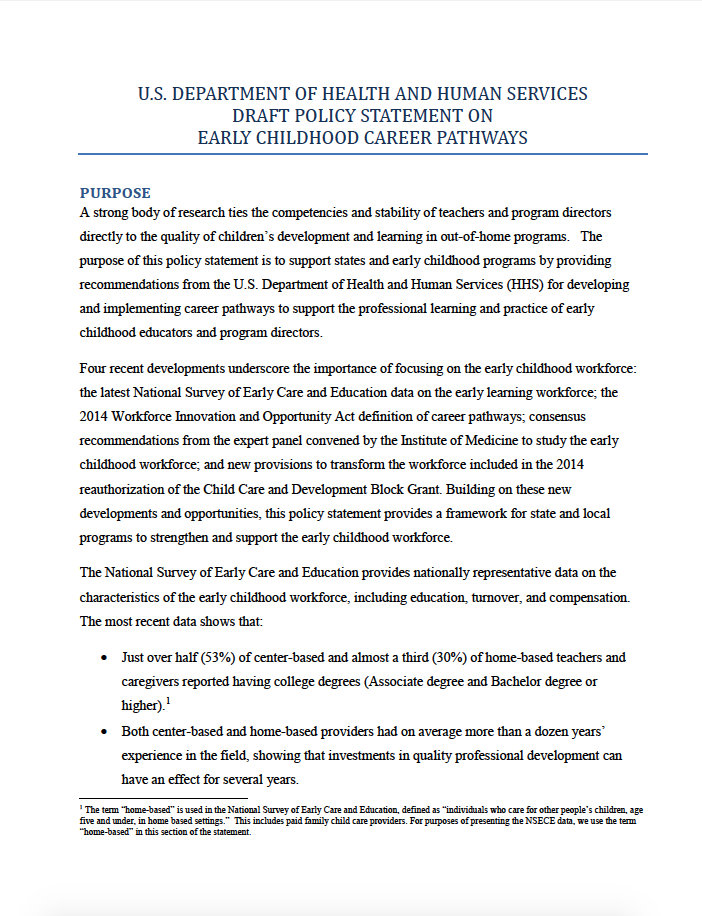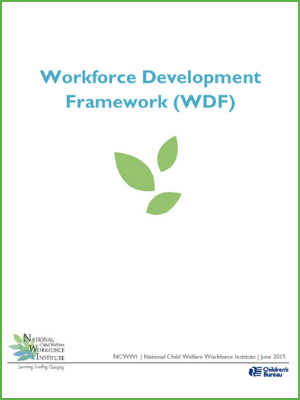A Comprehensive Workforce Strategy to Advance Child Welfare Outcomes Workforce - Workgroup Report
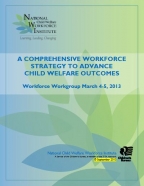
For a child welfare agency to achieve its mission, it must attract, develop, and retain a skilled and ready workforce. Yet, child welfare agencies across the country are struggling to recruit, hire, train, support, and retain committed and high-performing staff. To hear key stakeholder concerns about the child welfare workforce, the Children’s Bureau and the National Child Welfare Workforce Institute invited 28 state and county agency leaders and 7 university partners, Children’s Bureau staff and national consultants to participate in a Workforce Workgroup on March 4-5, 2013. This report is a compilation of the most pressing child welfare workforce issues they face and recommended strategies for developing the child welfare workforce of the future.


